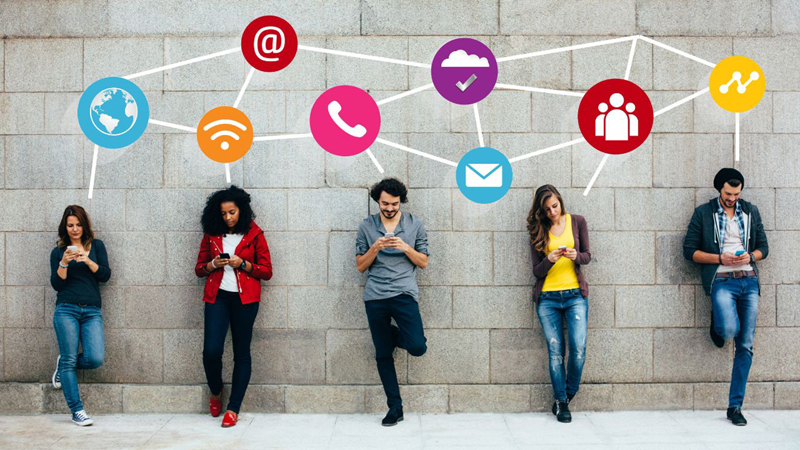Dr. Satwant Singh Rissam
In the last decade, social media become a part of our lives. With this, many changes noticed in society suggest that the ‘connection building’ theory of social media platforms is bringing a lot of mental health issues. In fact, “how much” you use social media is a strong reason for rising health problems. The situation seems serious as we notice young people spending more than 5-7 hours every day on different social media platforms. Slowly, social media is becoming a risk for our youth who do not understand its negative impact on their lives. The continuous and consistent association with digital content has started demonstrating weak mental health in young people.
The link between ‘mental health’ and ‘social media usage’ is challenging but it is very important to understand. First and foremost, social media has brought the promising role of connecting people online with others. But for many, it has also come as a challenge as they are feeling alone and coping with mental pressure when they don’t receive emotional support from others in the shape of likes or comments. This has become a reason for conflict in the minds of youth who are using social media solely for receiving reactions to their activities posted on the platforms. It’s a myth that has to be shelved by the youth that those with a lot of friends on social media are happy, famous, and successful. Adding to this problem is that young people are investing ’emotions’ into social media platforms. This ’emotional investment’ is a clear indication of mental health problems.
Silent mental health issues are rising and necessary steps should be taken to create the stopping point for this. Continuous online activities are developing depressive symptoms that later even take the shape of suicidal and criminal tendencies. Are you noticing your child staying up late each night and not getting enough sleep? Don’t forget to notice irritability in the child’s behavior which is a reflection of growing poorer mental health. It is also becoming challenging to interpret for families by simply observing their children. The entire generation of young people has entered a complex situation where they start hating others who stop them from getting involved on social media platforms. A simple example to judge the harmful effects of these online platforms comes when you examine the reaction of young people who are asked to stay away from any platform for some days. A strong pushback comes in these situations, which reflects the ‘social media addiction’. Parents should monitor their child’s behavior while they are away from such platforms. Moreover, sleep disruption caused during the night and before bedtime by mobile devices can also be the reason impacting the child, if not noticed.
Due to a lack of consensus on such topics, it isn’t easy to make specific recommendations to youth. Still, we should remind young people that their ‘virtual friends’ are keeping them away from enjoying life with real friends and maintaining healthy relationships. Strong comparisons should be made to advise and involve youth in other activities so that they take more breaks and keep their focus away from digital content. It is because of loneliness that everyone feels connected online. The intention should be to prevent the young generation getting swept away by the harmful effects – from wasting time to damaging mental well-being. Practically speaking, all such platforms are created for commercial reasons (showing advertisements and collecting data about you). The use and impact of such platforms differs from person to person but it is for sure that everyone needs a way to get out of it. And if done properly and timely can help in preventing mental health problems and understanding the way to stay connected with others in a mindful way.
Trending Now
E-Paper


